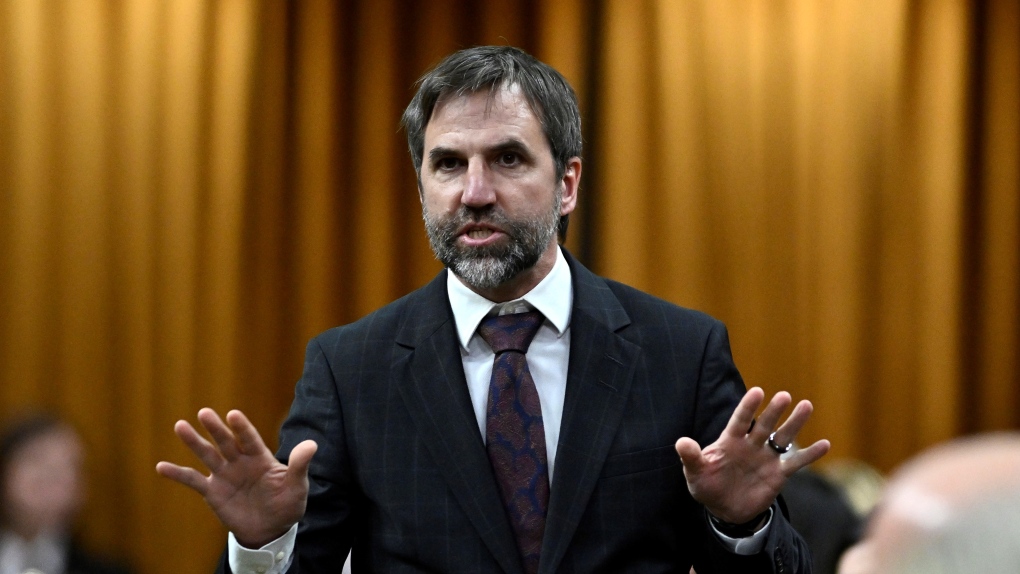JonnyCanuck
Senior Member
... and the recent residential construction boom that we have seen since 2020 (still nowhere near 2013-14 levels though) is going to come to an end. Higher interest rates will do that and although it was aimed at cooling down Toronto and Vancouver, Calgary and other markets will be victims too.





